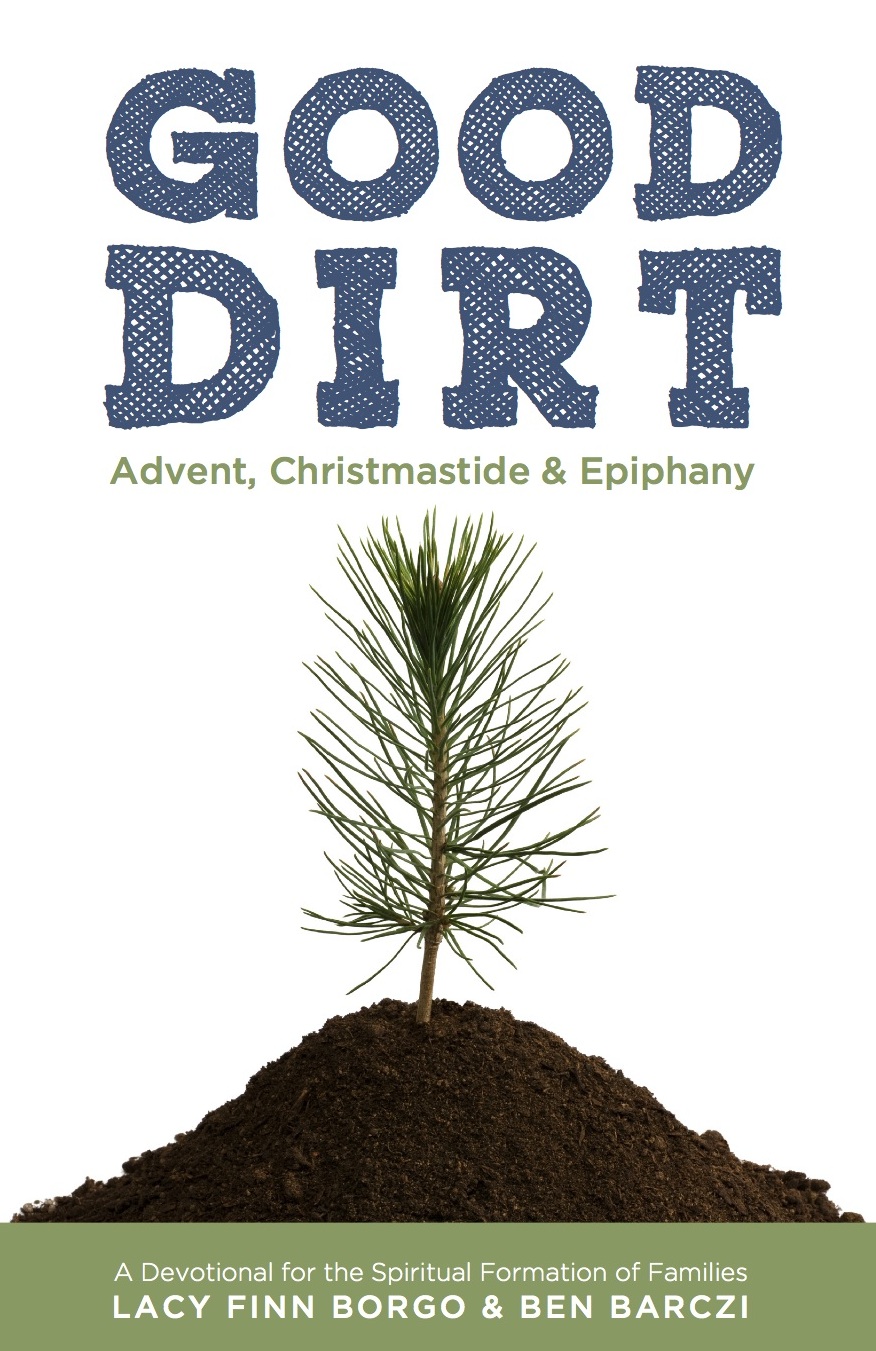Gratitude requires steely-eyed attention. We are never grateful for abstractions. We are grateful for particular events, persons, actions, beauties, "what we have heard, what we have seen with our eyes, what we have looked at and touched with our hands." (To borrow from the First Epistle of John.) Gratitude is always told in the form of a story—my story. Why is that I am tempted to give thanks for broad-brush generalities? I expect to be asked today to rattle of a litany of thanks. And like many of you, I find it easy to turn to tried-and-true gestures that no one can get their hands or head around: God's grace. Family. Second chances. You know the drill.
There's nothing wrong with being thankful for God's grace—except we're never thankful for "God's grace" as a sweeping concept. When we feel thanks, it is for concrete, messy, hands-on stuff. Stuff that can't be said in a word or two, but requires a narrative.
I don't know about "God's grace." But I know that recently in the midst of a truly rough day, a friend called, and came over, and we ate dessert and laughed and watched a movie and hugged, and I was surprised to feel hopeful and able to face a painful situation again. It was a gift—a gift of friendship, but also of strength and hope.
In The Divine Conspiracy, Dallas Willard writes, "You are not separate from your life, and in that life you must find the goodness of God. Otherwise you will not believe that he has done well by you, and you will not truly be at peace with him." This, Dallas notes, takes work, time, training.
Gratitude is a disciplined, watchful eye over our actual lives for evidence that we have, beyond any reasonable expectation, been included in the life of God. It is hard work. We are trained to observe and note failure, loss, evidence that our world, our life, our body as they are could never house the glory of God. And then, to our befuddlement, there he is.
So, let's look closely. Let's take up the magnifying glass of faith and examine the mess of our experience, asking: what is God up to? Where have I seen him? Where does his absence beckon me further than I have been willing to go? Where does conflict invite me to love more deeply than I have dared? Where has sorrow invited me into greater hope than I thought possible? And where has joy sustained me along the way?
And then tell a story.


